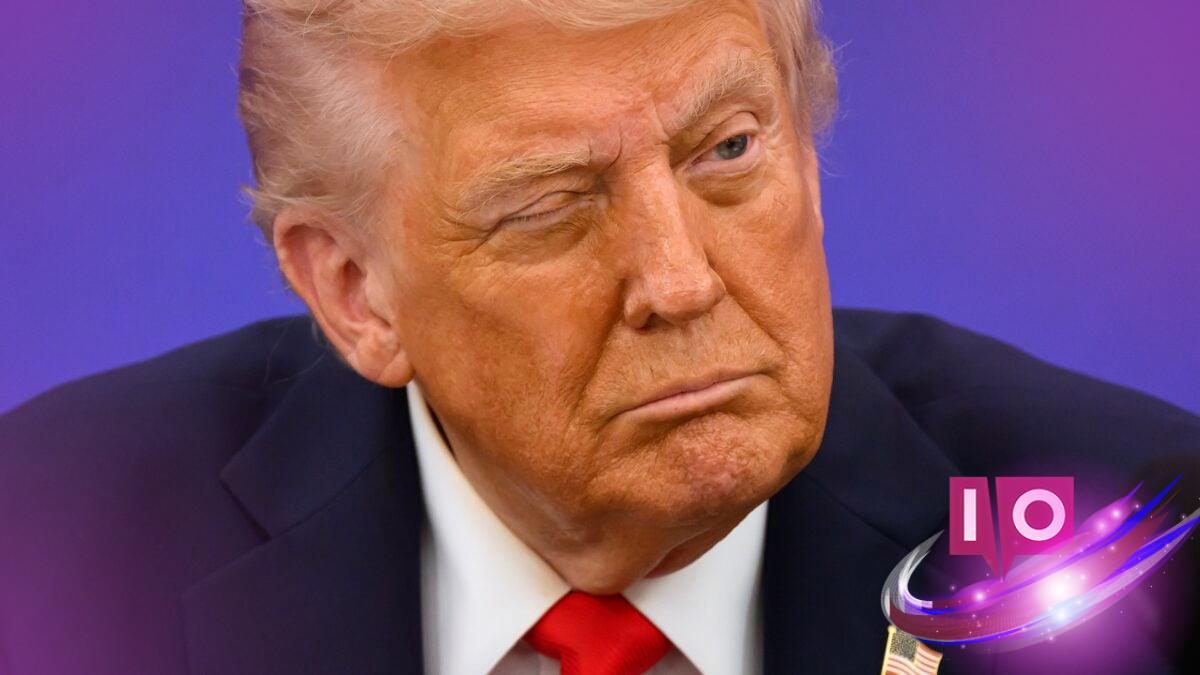The impact of AI in healthcare is a hot topic, especially as different administrations vie for influence in this rapidly evolving sector. Just recently, the Trump administration expressed disapproval of a Biden-era initiative, the Coalition for Health AI (CHAI), which aims to ensure responsible AI integration into healthcare. Understanding the stakes and implications of this initiative is crucial for anyone interested in the future of technology in medicine.
CHAI is a nonprofit organization that collaborates with major players in tech and healthcare to develop guidelines for AI tools. With partners such as Duke, Stanford, and Mayo Clinic, the coalition includes formidable names like Mass General Brigham and healthcare giants like CVS and UnitedHealth, alongside tech leaders like Microsoft, Amazon, and Google. The CEO of CHAI, Brian Anderson, emphasizes that this public-private partnership aims to inform policymakers with insights from innovators.
1. What Is the Role of CHAI in AI Regulation?
CHAI operates as a facilitator rather than a regulatory authority. Its primary mission is to establish best practices for the integration of AI into healthcare systems without directly imposing regulations. This approach aims to equip the healthcare sector with essential guidelines while keeping the lines clear between innovation and regulation.
2. How Does CHAI Work with Industry Leaders?
With around 15 working groups led by researchers from tech giants, CHAI is pushing for a structured deployment of AI. The coalition is set to launch a nationwide registry of model cards, providing healthcare systems with key information about AI models, akin to nutritional labels for food products. This initiative looks to boost transparency, allowing healthcare providers to make informed choices regarding AI tools.
3. What Criticisms Has CHAI Faced?
Officials in the Trump administration argue that CHAI aims to stifle innovation among health tech startups, alleging that it allows major tech companies to exert unfair influence over the industry. Deputy HHS Secretary Jim O’Neill and FDA Commissioner Marty Makary have pointed out concerns that smaller entities feel pressured to align with this coalition, effectively raising the specter of regulatory capture.
However, Anderson counters these criticisms, insisting that CHAI does not regulate but rather seeks to inform government policy. “We want to help regulators make informed decisions,” he stated, highlighting that CHAI’s purpose is to support informed regulations rather than impose them.
4. What Are Industry Experts Saying?
Concerns have arisen from various experts who warn against big corporations dominating the AI landscape under the pretext of safety. Julie Yoo, a partner at venture capital firm Andreessen Horowitz, voiced that additional oversight may hinder innovation and might even serve the interests of larger companies. She is among many who advocate for maintaining a balance that favors both scrupulous evaluation and the cultivation of innovation.
5. Are Startups Benefiting from CHAI?
Despite speculation about coercion, startup companies find real value in being part of CHAI. According to Anderson, around 700 out of approximately 3,000 members in the coalition are startups. He insists that these companies join not due to pressure but to better understand the market dynamics and to develop products that appeal to healthcare providers. “It’s about knowing your customers,” he affirms.
How can healthcare organizations ensure that AI tools are safe?
Healthcare organizations should stay informed about best practices for AI deployment, ensuring they understand the data used to train these technologies. Utilizing resources like CHAI’s model cards can be beneficial in assessing the reliability of AI tools.
What steps are being taken for AI transparency in healthcare?
New measures are being introduced to enhance transparency, allowing healthcare providers to scrutinize AI systems effectively. Talks and collaborations between industry leaders and government agencies are now focusing on fostering safer environments for AI deployment.
Is there a risk of regulatory capture in organizations like CHAI?
There are valid concerns regarding regulatory capture, where regulatory bodies could benefit more large firms than emerging startups. Staying vigilant about governance structures and ensuring diverse representation in organizations like CHAI will be essential to foster an equitable landscape.
In conclusion, the evolving nexus of AI and healthcare presents both opportunities and challenges. With initiatives like CHAI aiming for responsible integration, the industry stands at a critical junction. As healthcare continues to navigate its AI journey, staying informed and engaged is crucial. For further insights and updates on technology and innovation in healthcare, visit Moyens I/O.
